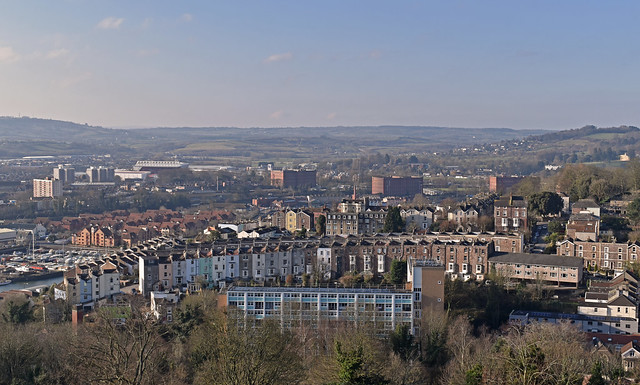A lack of funding to tackle statutory targets on fuel poverty in England could have damaging long term consequences, according to the End Fuel Poverty Coalition.
The Coalition’s response to the Government’s Fuel Poverty Strategy Review broadly welcomes the consultation, but warns there are major areas which need improvement.
Fuel poverty means that a household is forced below the poverty line as a result of the cost of using energy in their home. Using the current measurement, at least 2.53m households are in fuel poverty in England alone.
The Strategy review proposes widening this definition to include all low income households living in cold homes (the ‘Low Income, Low Energy Efficiency’ indictor). The government believes this will better incentivise energy efficiency. This increases the number of fuel poor households in England from 2.55 million to 3.66 million: an increase of 44%.
The Coalition’s response argues that the most crucial action that Government can take is to support proposals for a new ‘Clean Growth Fuel Poverty Challenge Fund.’ This would help the poorest households living in the worst F and G-rated homes, mainly in hard to heat homes.
The Coalition’s detailed response to the Strategy Review also calls for additional improvements, to create a longer term framework for energy efficiency. These include:
- Better regulation of the private sector
- Make the Energy Company Obligation (ECO) Scheme more accessible to those in greatest need
- Introduce more locally led, area-based schemes to improve energy efficiency, backed up by a national “safety net”
- Ensure all improvements are of the highest and safest quality
- Examine new financial measures to improve energy efficiency across the wider housing stock such as stamp duty reforms, zero interest loans, etc.
Dr Brenda Boardman, Emeritus Fellow at Oxford University’s Environmental Change Institute, and one of the core authors of the Coalition’s response, commented:
Fuel poverty policy has been in the doldrums for several months, so that this consultation is welcome evidence that the Government wants to revive policy.
There is recognition of the crucial importance of energy efficiency improvements, but no statements yet of appropriate funds. And yet there needs to be prompt, positive action to upgrade all the fuel poor in F and G-rated properties in the next 15 months, as promised.
The growing emphasis on regulation, for instance of the privately rented sector, is encouraging, but still depends on enforcement to be effective. We believe this is a great opportunity for the Department for Business, Energy and Industrial Strategy to be strong and really champion the fuel poor.
Peter Smith, Director of Policy and Research at National Energy Action (NEA), said:
Without more ambitious action 160,000 fuel-poor households could still be living in the least efficient homes by 2020, with the Government way off-track towards meeting its 2030 statutory target. As well as the devastating impacts cold homes have on their occupants, the delayed cost of inaction extend to all of us.
Addressing fuel poverty is a crucial part of meeting the new stretching carbon targets. Without a big improvement in current efforts, the government will not meet its climate change targets. Poorer households will benefit the least from energy policies, whilst paying a higher share of the costs, despite making lower contributions to our overall emissions.
But it doesn’t have to be this way. Ending fuel poverty is in our grasp through a National Energy Efficiency Programme, fully funded support for those in fuel poverty and reform of the private rented sector.
A full copy of the End Fuel Poverty Coalition response is available online.
You can follow the Coalition on Twitter @EndFuelPoverty.

